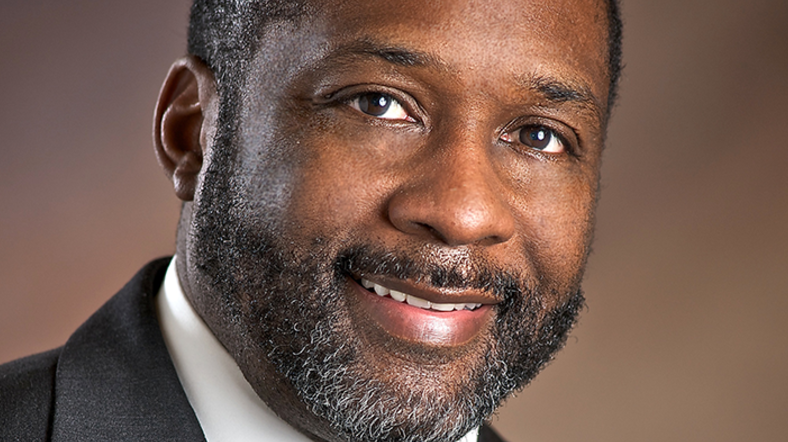 The Office of the National Coordinator for Health Information Technology (ONC) announced winners in two categories of contests designed to make it easier to retrieve and share healthcare information. The ONC handed out cash prizes in its Consumer Health Data Aggregator Challenge and the Provider User Experience Challenge.
The Office of the National Coordinator for Health Information Technology (ONC) announced winners in two categories of contests designed to make it easier to retrieve and share healthcare information. The ONC handed out cash prizes in its Consumer Health Data Aggregator Challenge and the Provider User Experience Challenge.
“We are thrilled to recognize new tools that make it easier for individuals and clinicians to access health information and put it to use,” Vindell Washington, MD, ONC national coordinator for health information technology, said in a statement. “These apps reflect the incredible progress that is possible as a result of the digital health infrastructure that the public and private sector have built together over the last eight years.”
The Consumer Health Data Aggregator Challenge asked contestants to address a common consumer need to easily and electronically access and securely integrate health data from different health care providers using a variety of health IT systems. The winners were PatientLink Enterprises, Green Circle Health, and 1upHealth.
The Provider User Experience Challenge focused on demonstrating how data made accessible to apps through APIs can enhance health care providers’ use of their EHR systems by making clinical workflows more efficient and intuitive. The winners were Herald Health, a collaboration of University of Utah Health Care, Intermountain Healthcare, and Duke Health, as well as PHRASE Health.
Contestants were required to use Fast Healthcare Interoperability Resources (FHIR) and open application programming interfaces (APIs), both strongly supported by ONC, which make information retrieval and sharing easier and more efficient. FHIR is a draft standard describing data formats and elements and an API for exchanging EHRs.
For the Consumer Health Data Aggregator Challenge, PatientLink Enterprises won first place and the $50,000 prize. Its solution, MyLinks, is a cloud-based application that makes it easy to gather, manage, and share patient data using several methods including FHIR and direct messaging, also known as Direct Exchange. This protocol allows for simple, HIPAA-compliant, encrypted transmission of Protected Health Information to or from any direct address. Using the app, patients can also participate in research, monitor data from remote devices, and use interactive tools.
The second place and “connector” prizes, each with an award amount of $25,000, were won by Green Circle Health. This application uses FHIR to import patient data into a platform integrating a comprehensive family health dashboard that includes personal and medical device data, remote monitoring, and reminders.
In addition, the 1upHealth, which helps patients organize and share data from disparate sources, is being recognized as an Honorable Mention.
For the Provider User Experience Challenge, the first place prize, with an award amount of $50,000, was won by Herald Health. Its solution helps clinicians manage the overwhelming flow of alerts and information by allowing them to create highly customizable push notifications. These can be tailored to both individual patients and groups and exported to fellow users.
The second place and “connector” prizes, each with an award amount of $25,000, were won by the collaboration of University of Utah Health Care, Intermountain Healthcare, and Duke Health. Their solution is a clinical decision support tool that can provide recommendations for the treatment of babies with jaundice detected at birth based on the level of liver waste products found in their blood.
In addition, PHRASE Health, which uses clinical decision support to help clinicians align with priorities such as public health alerts, is being recognized as an Honorable Mention.













